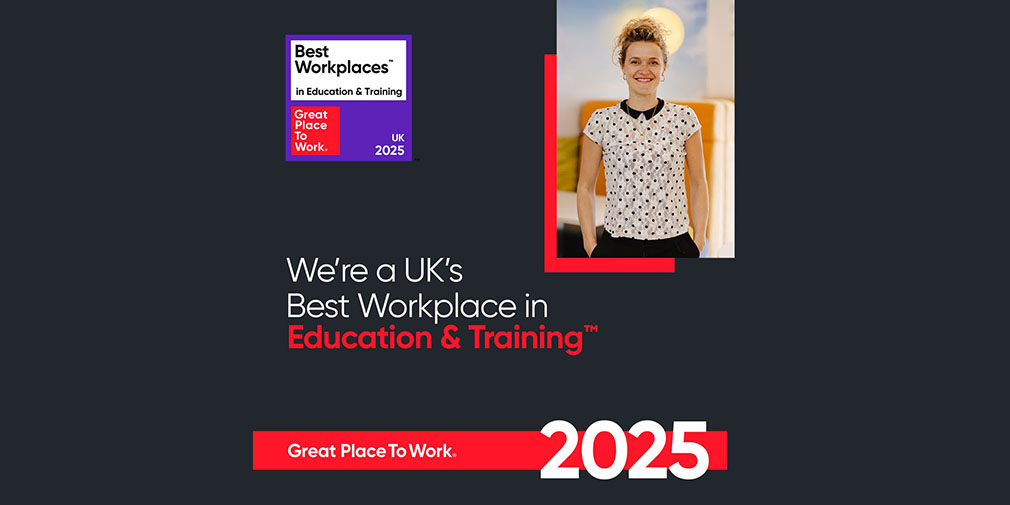1) Zappos: The US online shoe delivery company has long been an inspiration. Founder Tony Hsieh outlined his belief in creating a happy working environment in his best seller Delivering Happiness. This month this billion-dollar company announced they would be adopting the Holacracy idea of “management without managers”. It will be very interesting to see how this develops.
2) Valve: Valve is a 400-strong games software company, whose value has been estimated at over $1 billion. It has been manager-free since it was founded in 1996. Check out its brilliant Employee Handbook. Of Managing Director Gabe Newall, it says “of all the people in the company who are not your boss, Gabe is the MOST not your boss.” It also includes a remarkably honest “What Valve is not good at” section.
As its web site says: “When you give smart talented people the freedom to create without fear of failure, amazing things happen.” Unusually it puts its approach down to the political theory of anarcho-syndicalism.
3) 37Signals: A software company that has been around for 14 years, 37 signals is known for the remarkable usability of its products. As Inc puts it: “Instead of managers, the company looks for people who can direct their own work and actually produce something, rather than watch others produce.”
4) Morning Star: This $700 million tomato processing company has no managers: “By making the mission the boss and truly empowering people, the company creates an environment where people can manage themselves.”
5) WL Gore – Sponsors not bosses: Gore is a multi-billion dollar company with 10,000 staff, once rated the most innovative in the US, and best known for its Goretex product. I have often described Gore as a company where people choose their managers. However their web site makes clear that the people they are choosing are “sponsors (not bosses)”. There are “no chains of command” and instead associates communicate directly with each other.
6) Treehouse: Founder Ryan Carson explains here the decision to do away with managers in June 2013, because the system took people away from doing stuff to structuring. Remove the managers, he argues, and you get so much time back for everyone.
7) Github: A coding company with around 40 employees, one explains: “We do things differently at GitHub: we work out of chat rooms, we don’t enforce hours, and we have zero managers. People work on what they want to work on. Product development is driven by whoever wants to drive product.”
8) Medium: Jason Stirman explains how he discovered as a manager at Twitter that asking “‘What’s going on in your life?’ was far more effective than asking ‘What’s blocking you at work?’” At Medium, they have adopted Holacracy.
Management guru Gary Hamel argues in “First, let’s fire all the managers” in HBR that “a hierarchy of managers exacts a hefty tax on any organisation.” A centrally planned approach works no better within an organisation than it did in the Eastern European economies, and is a huge waste of time, money and resources.
At Happy we don’t have managers either. We have what we call “co-ordinators,” though they could be described as coaches. At their best, they help and support our people to work out how to work at their best. (And we are not anarchists, but do believe everybody needs somebody to guide and support them.)
So think about it. Do your managers enhance your work and enable your people? If so, great. Or do they take up huge amount of time and resources doing that management thing? (Remember that 49% of UK employees, according to a CMI survey, so dislike their manager that they would take a paycut to be managed by somebody else.)
There is another way. Perhaps its time for more organisations to try doing away with managers?
Related blogs
- Let People Choose Their Managers– So often people say they love their job but don’t love their manager, hard to fix right? What happens if you just let them choose their manager?
- Lessons from Tiger Woods– Read more about getting managers out of the way.
- How Mayden Got Rid of the Managers– Watch a short video about how Mayden changed to a self-managing organisation.






















